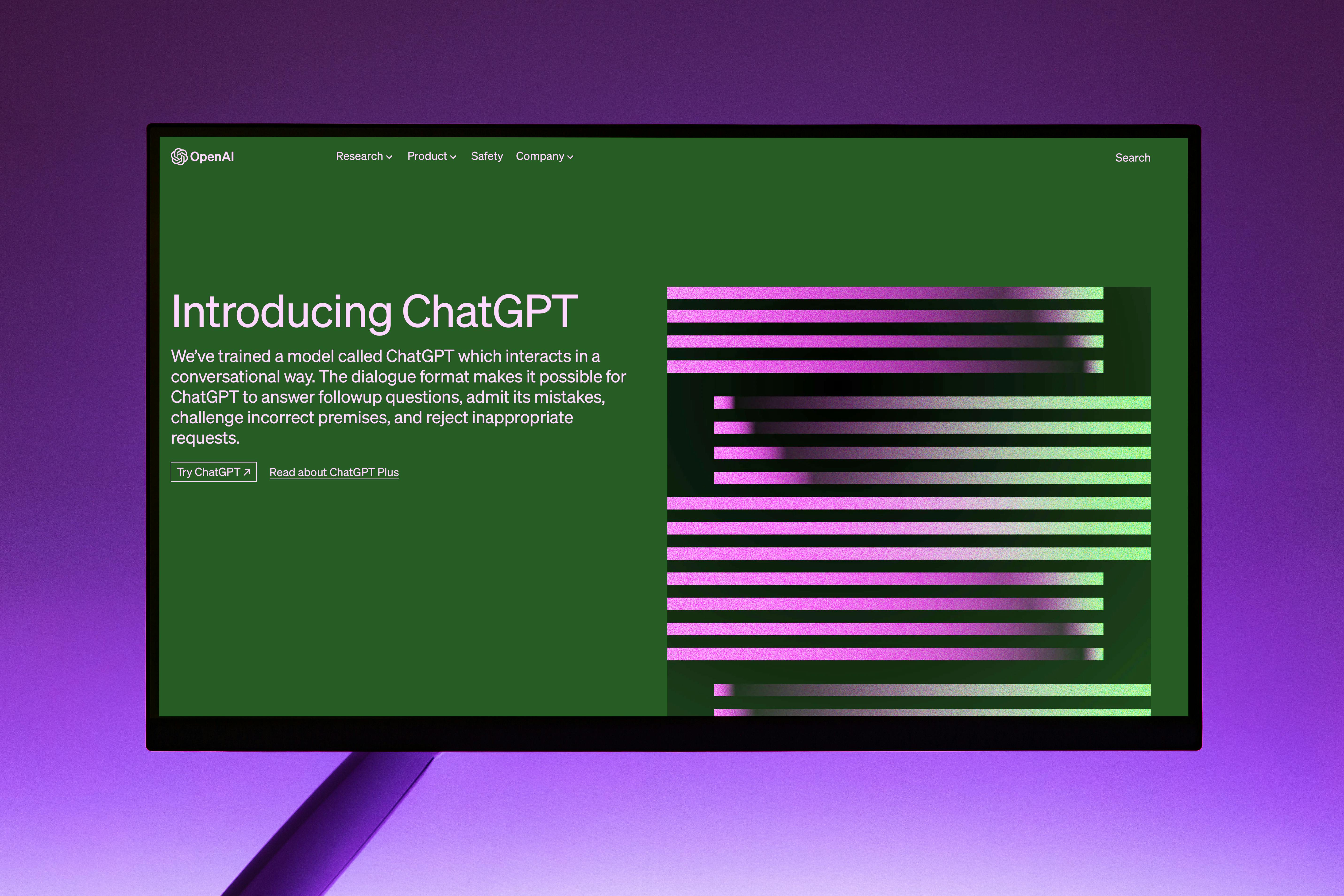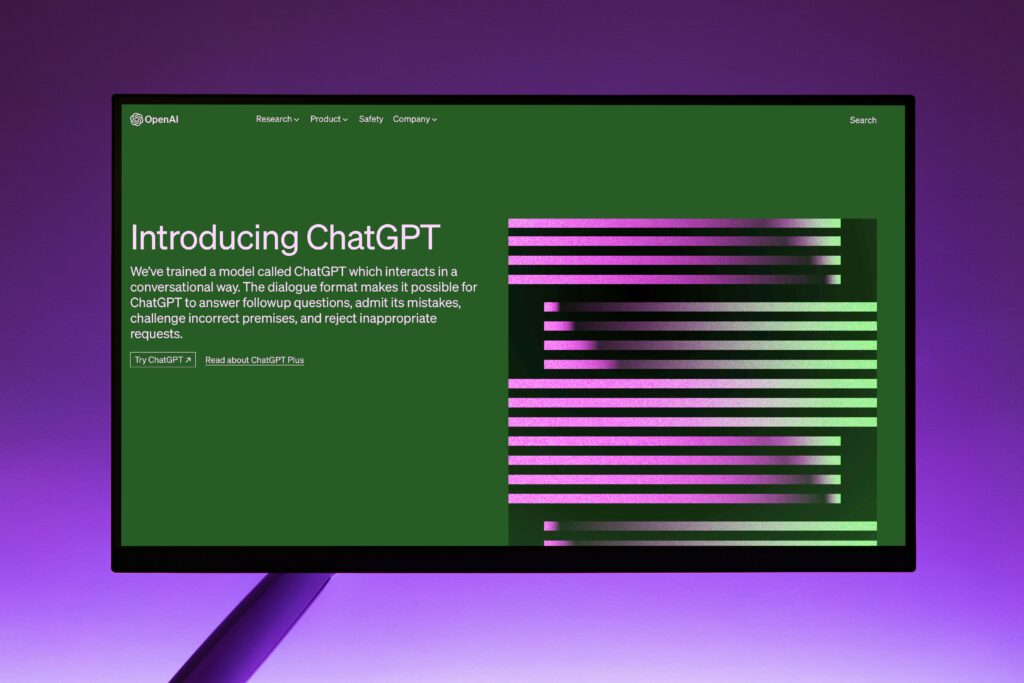Table of Contents
- Introduction
- What is the best blog writing AI?
- How do you tell if a blog was written by AI?
- How does AI improve the efficiency of writing blog posts?
- What are the ethical considerations of using AI for blog writing?
- How does AI-generated content affect SEO and search engine rankings?
- What are the limitations of using AI in blog writing?
- How cost-effective is AI blog writing compared to traditional methods?
- How does AI handle fact-checking and accuracy in blog posts?
- How can AI-driven blogs improve reader engagement and interaction?
- What are the trends in AI blog writing for the future?
- Can AI be used for content strategy alongside blog writing?
- How do AI algorithms ensure the originality of blog content?
- How do you use ClimbContent Plugin to as the ultimate AI Blog Writer for WordPress?
- Summary
Introduction
Are you wondering what the best AI is for writing blogs? Look no further than the WordPress AI blog writer, a remarkable tool that leverages advanced technologies like OpenAI’s GPT-4 to revolutionize content creation. In this article, we’ll delve into why GPT-4 stands out, how it enhances writing efficiency, and the ethical considerations to keep in mind. Additionally, we’ll examine the impact of AI-generated content on SEO, reader engagement, and the overall blogging process. Whether you’re a seasoned blogger or just starting, understanding these aspects can help you make the most of AI-powered tools in your content strategy. Join us as we unravel the future of blogging with AI!
What is the best blog writing AI?
When it comes to the best blog writing AI, many options stand out, but OpenAI’s GPT-4 leads the pack. Its versatility and advanced language processing capabilities make it a favorite among content creators. It can generate engaging, coherent, and well-structured blog posts on nearly any topic. Additionally, GPT-4 adapts to different writing styles and tones, ensuring content matches the target audience. Despite various competitors in the field, the comprehensive features and consistent performance of GPT-4 solidify its top position. Seamless integration with other tools and platforms adds to its appeal, making it a go-to choice for bloggers.
How do you tell if a blog was written by AI?
Determining if a blog was written by AI involves several clues. Firstly, look for overly predictable sentence structures. AI-generated content often lacks the nuances of human emotion. Another sign is repetitive language and ideas. AI can sometimes be inconsistent in tone. Sudden shifts in style or formality may occur. Also, check for unnatural phrasing or awkward transitions. Facts and examples might be overly generic. AI might not capture the specific expertise or unique perspective a human would provide. Run a few sentences through plagiarism checkers. AI-written content often pulls from multiple sources. Finally, consider the depth and originality. AI can be informative but may lack insight.
How does AI improve the efficiency of writing blog posts?
AI significantly enhances the efficiency of writing blog posts. It can quickly generate ideas, saving time in the brainstorming phase. Tools like grammar and style checkers ensure clean, polished text. AI algorithms can also suggest relevant keywords, improving SEO without much effort. Additionally, content generators provide drafts that writers can refine. With AI, research becomes faster as it aggregates information from various sources. Lastly, it offers multilingual capabilities, allowing bloggers to reach a wider audience. This combination of features streamlines the entire blogging process.
What are the ethical considerations of using AI for blog writing?
Using AI for blog writing raises several ethical considerations. One key concern is the authenticity of the content. Readers may feel deceived if they believe a human wrote the piece when it was actually generated by an AI. Another issue is the potential for bias; AI models can reflect and perpetuate existing prejudices present in their training data. There’s also the matter of accountability—determining who is responsible for the content created by AI can be complex. Additionally, the use of AI could diminish opportunities for human writers, impacting their livelihoods. Lastly, transparency is crucial; readers should be informed when content is AI-generated to maintain trust and credibility.
How does AI-generated content affect SEO and search engine rankings?
AI-generated content significantly impacts SEO and search engine rankings in various ways. Search engines like Google evaluate content based on relevance, quality, and user experience. AI-generated text can help produce large volumes of content quickly, potentially targeting a broader array of keywords. However, the quality of the content is paramount. If AI-generated content lacks depth or originality, it may be penalized, hurting rankings. Additionally, search engines are getting better at identifying low-quality, automated content. On the flip side, well-crafted AI content that provides value can boost engagement metrics. This, in turn, can improve organic search rankings. Ultimately, a balance of human oversight and AI efficiency is crucial for optimal SEO results.
What are the limitations of using AI in blog writing?
AI has revolutionized blog writing, but it comes with limitations. One major issue is the lack of genuine human creativity and emotion. AI-generated content can sometimes appear formulaic and lack the nuances of human expression. Additionally, AI might struggle with context-specific topics or emerging trends that require up-to-date information. There’s also the risk of producing content with factual inaccuracies if the AI’s training data is outdated or biased. While AI can mimic human writing, it doesn’t understand the culture or subtleties needed for highly engaging posts. Finally, the ethical concerns around content ownership and authenticity can’t be ignored. Overall, AI can assist in blog writing but is not a complete replacement for human writers.
How cost-effective is AI blog writing compared to traditional methods?
AI blog writing is remarkably cost-effective compared to traditional methods. It significantly reduces time spent on drafting and editing. While human writers can take hours or even days to produce a single post, AI can generate content in minutes. This efficiency leads to lower production costs. Additionally, there’s no need to offer salaries or benefits to AI. However, the quality of AI-generated content can sometimes be inconsistent. Despite this, with proper oversight and editing, AI can be a valuable tool. Overall, the savings in time and money make AI a compelling option for many businesses.
How does AI handle fact-checking and accuracy in blog posts?
AI handles fact-checking and accuracy in blog posts with sophisticated algorithms that scan for data consistency and verify information against reliable sources. It cross-references facts with large databases and can identify potential inaccuracies. Advanced AI models also analyze the context to ensure the information fits logically within the subject. Some AI tools even use Natural Language Processing (NLP) to understand nuanced claims and verify them accordingly. However, these systems are not flawless and still require human oversight. Human editors often review flagged content to ensure true accuracy and context. This collaboration enhances overall reliability.
How can AI-driven blogs improve reader engagement and interaction?
AI-driven blogs can significantly enhance reader engagement and interaction by tailoring content to individual preferences. These blogs analyze user behavior and suggest relevant topics, ensuring that readers find the articles more interesting. They employ natural language processing to foster interactive comments sections, encouraging meaningful discussions. Moreover, AI can personalize newsletters, keeping readers informed and connected. Automated moderation tools help maintain a positive community by filtering out harmful content. Real-time analytics provide insights into what works, allowing for continuous improvement. As a result, AI-driven blogs can create a more engaging and interactive experience for their audience.
What are the trends in AI blog writing for the future?
The future of AI blog writing is leaning toward more personalized and engaging content. Algorithms are becoming adept at understanding reader preferences, tailoring posts to individual tastes. Enhanced natural language processing allows blogs to mimic human-like storytelling better. Interactive elements, like chatbots within posts, are on the rise for real-time engagement. AI will also help in identifying trending topics quickly, ensuring timely and relevant content. In addition, there is a growing emphasis on ethical AI use, with transparency about AI-generated content becoming crucial. Overall, AI’s role in blog writing is set to make content creation faster and more dynamic.
Can AI be used for content strategy alongside blog writing?
AI can significantly enhance content strategy alongside blog writing. It can analyze data to identify trending topics and audience preferences. This helps create targeted and relevant content. Additionally, AI can streamline keyword research, optimizing blogs for search engines. Automated tools can even generate blog outlines and titles, accelerating the writing process. While human creativity is essential, AI provides valuable support in planning and execution. The combination of AI and human effort can lead to more engaging and effective content, boosting readership and engagement.
How do AI algorithms ensure the originality of blog content?
AI algorithms ensure the originality of blog content through several methods. Initially, they check for plagiarism by comparing the text against a vast database of existing content. If similarities are found, the AI flags these for further review. Natural Language Processing (NLP) tools are used to understand the context and uniqueness of the writing. Additionally, AI can evaluate sentence structures and word choices to verify they aren’t too similar to existing works. Some sophisticated algorithms even generate unique content by rewriting sentences in different ways while keeping the original meaning intact. This multifaceted approach helps maintain the integrity and originality of blog content.
How do you use ClimbContent Plugin to as the ultimate AI Blog Writer for WordPress?
To use the ClimbContent Plugin as the ultimate AI blog writer for WordPress, first install and activate the plugin on your website. Navigate to the plugin settings to configure your preferences. You can choose topics, set the tone, and specify the length of the articles. The AI generates content based on these settings, ensuring it aligns with your blog’s style and audience. You can then review and edit the content before publishing. This plugin helps streamline the content creation process, making it efficient and effective.
Summary
The article explores the advantages of WordPress’s AI blog writer, mostly using OpenAI’s GPT-4, in revolutionizing content creation. GPT-4 is favored for its advanced language processing and adaptability, making blog writing efficient and engaging. The article also discusses the signs to identify AI-written content, ethical concerns, and the impact on SEO and reader engagement. It emphasizes that AI can boost efficiency, but human oversight is necessary. Lastly, the article highlights future trends in AI blog writing and mentions the ClimbContent Plugin as a tool to streamline the AI content creation process on WordPress.

